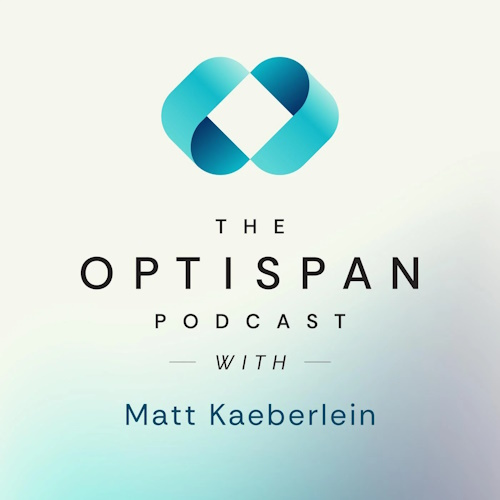Answering Questions on RAPAMYCIN (Gold Standard Longevity Intervention)
Matt addresses audience questions on rapamycin's anti-ageing potential, dosing, and research
Rapamycin, a macrolide drug, is known for its strong immunosuppressive and anti-proliferative properties. It has gained attention for its potential in anti-ageing, with research indicating its ability to extend lifespan and delay age-related diseases in various organisms, such as yeast and mice. In this episode, Matt and Nick addressed questions from their social media and YouTube audiences, focusing on rapamycin dosing, lifestyle changes, and potential side effects. They also explored the latest research on rapamycin, including its benefits across different organisms and the specific conditions used in studies.
Key Points
This episode delves into rapamycin's potential anti-ageing effects, audience queries on its dosing and side effects, and the latest research findings.
- Rapamycin and Age-Related Diseases: Rapamycin has shown promise in preclinical studies, particularly in animals, where it has been linked to improved lifespan and healthspan across a wide range of age-related diseases. However, large-scale human trials are lacking, leaving many potential benefits unverified in people.
- Effectiveness in Non-Human Primates: Recent studies have demonstrated that rapamycin can significantly extend lifespan in marmosets, a type of non-human primate, providing stronger evidence that the drug might influence ageing processes in humans.
- Diet and Rapamycin Use: There is ongoing debate about whether dietary changes, particularly regarding protein intake, should be made on the days when rapamycin is taken. Current evidence is inconclusive, and the recommendation is to maintain a healthy diet without over-engineering meal timing.
- Exercise and Rapamycin: While there is speculation about the effects of exercise before taking rapamycin, particularly concerning muscle building, there is no definitive data to suggest that workout timing needs to be adjusted when using the drug.
- Rebound Effect of mTOR: Concerns about a potential rebound or overshooting of mTOR activity after stopping rapamycin, similar to effects seen after fasting, are not well-supported by current evidence. Further research is needed to understand this phenomenon.
- Lack of Clinical Trials: Despite promising animal data, the lack of large-scale clinical trials in humans makes it difficult to fully understand rapamycin’s potential benefits and risks, leading to frustration among researchers and users alike.
Visit website: https://www.youtube.com/watch?v=fJZN7UPyB9Y
See alsoDetails last updated 21-Aug-2024



